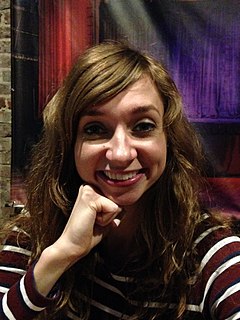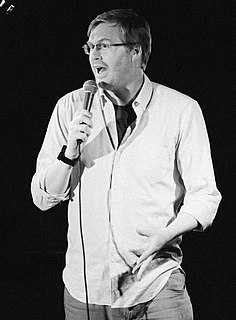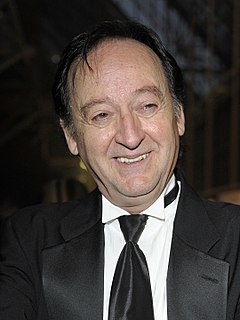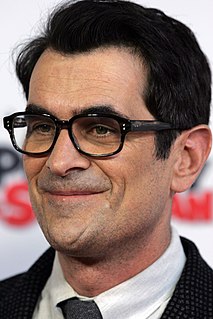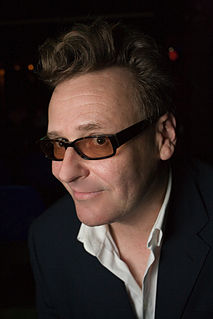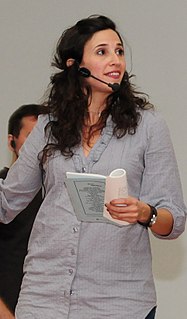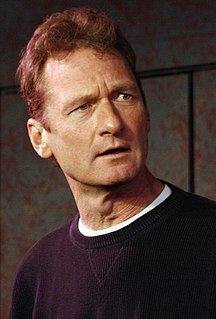A Quote by Hannibal Buress
I took an improv class in 2005 in Chicago at ComedySportz, which was short-form, more of a games-based improv. I remember it being real fun and helping with my stand-up. If I did an improv class, and then I did stand-up later, I felt looser on stage and more comfortable.
Related Quotes
If there's one regret I have of my time in comedy it's that I really I was so obsessed with improv for so many years and I exclusively did improv for the first 6 years or 7 years. I was doing comedy and then I started doing solo work and stand up, a bit of writing, making videos, and really going into it on that end.
I had no real direction at all in my 20's and so I did what a lot of people without direction do: I took an acting class. In one of those first days of the class, I did this weird, silly improv, and it got laughs. It was such a blissful moment. I've never gotten over that love of hearing laughter. As a people pleaser, it's the drug of choice for me.
I was on the improv team in high school, and after I graduated, I joined an improv company that had been established 10 years prior to me getting there. They did longform improv, and I fell in love with it. It's acting, character creation, collaborative, artistic expression and comedy - and it's scary. It was a big rush.

